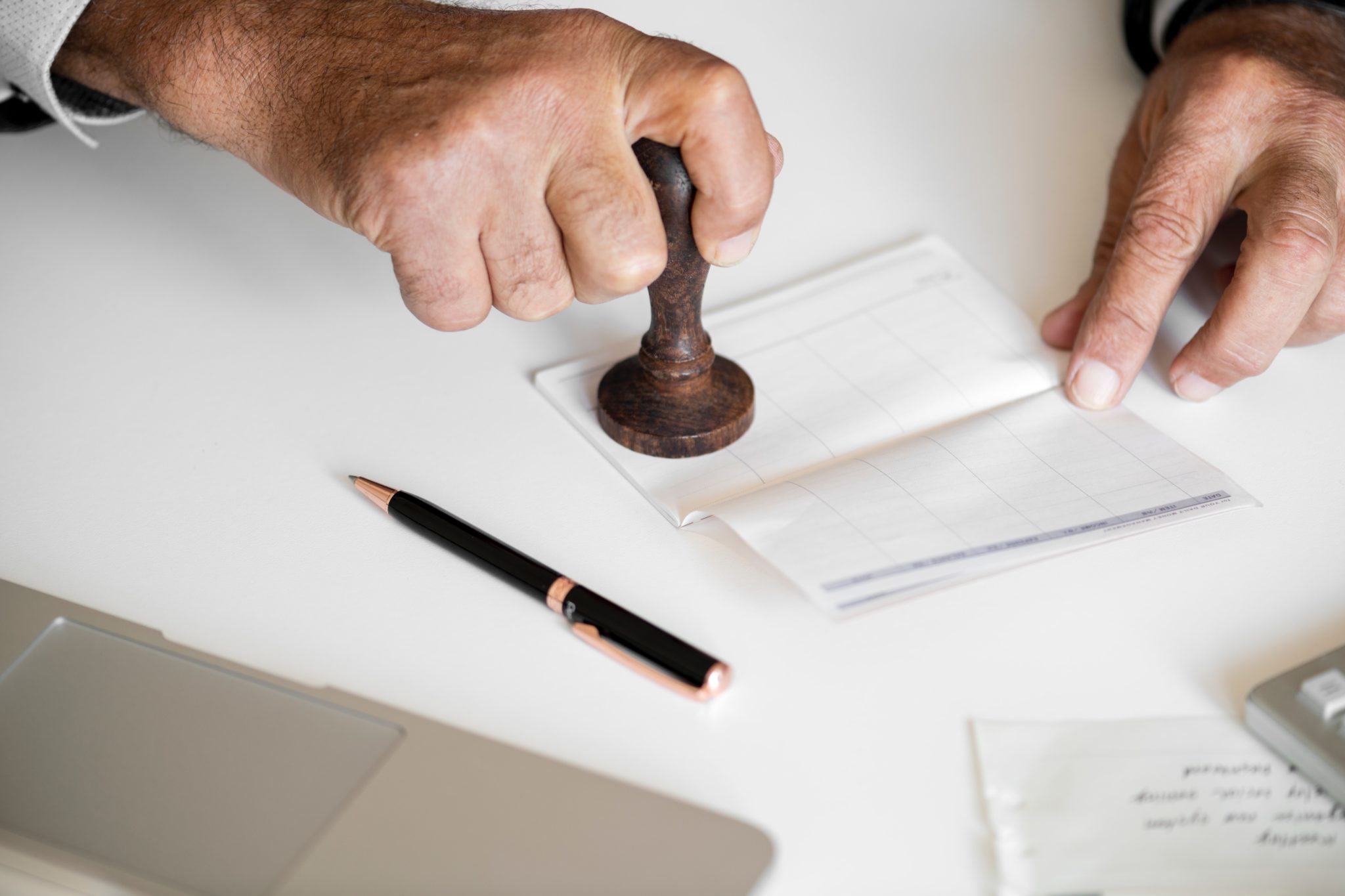
CryptoCurrencies 101
April 25, 2018
Have You Conducted a Fee Equalization/Levelization?
May 8, 2018“The only things you are guaranteed in life are death and taxes” and estate planning is greatly impacted by these.
Whether you know it or not, you have an estate. Estates are not a privilege reserved for the ultra-wealthy, but the property, savings, and assets owned by any individual at the time of their passing. That also means, estate planning is not a privilege, but a necessity.
What is Estate Planning?
If you are like most people, you probably want control over the people and organizations that receive your possessions and properties after your passing. Estate planning ensures your wishes are carried out, providing instruction on whom should receive something of yours, what they should receive, and when they are to receive it. All with the hope of eliminating more taxes, legal fees, and court costs than are necessary.
But, there is more to estate planning than the allocation of property after your death! A good estate plan should also address:
-
- Instructions for your care if you become disabled.
- A named guardian for your children (under 18).
- Care for disabled and special needs family members.
- Life insurance to provide for your family after your death.
- The transfer of your business during your retirement, disability, or death.
Why Do I Need an Estate Plan?
Preserve Your Assets & Help Facilitate Retitling
Using a trust, you can help minimize estate taxes and alleviate some of the stress associated with the retitling of your assets. A trust is key to estate planning, because it allows assets to be distributed without a cost or delay. It also allows you to control how your assets are disseminated and name trustees to carry out your wishes.
Protect Future of Your Family & Loved Ones
An essential part of estate planning is life insurance. Life insurance helps you take care of those you love after your passing. It involves income replacement, which can help loved ones pay off the mortgage, pay for your child’s education, or cover expenses, by replacing your income in the event of your death.
Minimize Estate Taxes
Between estate taxes, income taxes, and transfer taxes, nearly half of your estate could be diminished by fees and taxes. However, estate planning assists the transfer of wealth from you to your beneficiary. By strategically planning when and how money and property is transferred, you can preserve more of your assets for your loved ones. Doing things like gifting money before your passing, setting up a tax-free education account, and donating to your favorite cause, can build a better future for your family and help prevent the loss of your estate.
When Do I Need to Consider an Estate Plan?
Even if you are young or healthy, the best time to consider an estate plan is NOW. By starting the process sooner rather than later, you have control over what happens after your death. No matter how small your estate is, you want to be sure your money and property are passed on to those who matter most and your family is taken care of in the event of your death.
If you do not have an estate plan yet, or you would like to review your current plan, contact one of our financial advisors or give us a call at (724) 863-3287.




